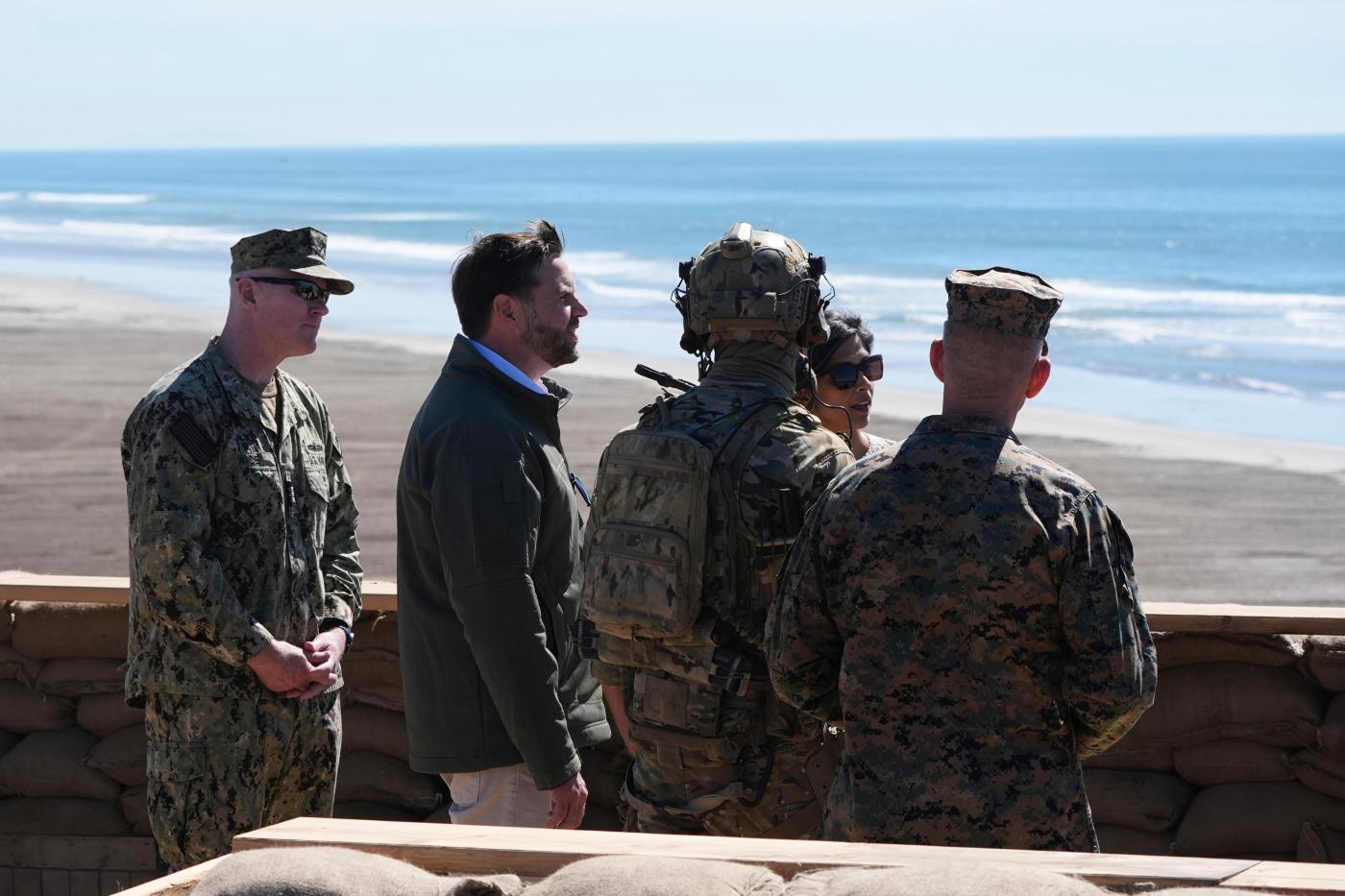Submit your letter to the editor via this form. Read more Letters to the Editor.
Will seriously ill inmates
have a place to go?
Re: “California halts medical parole, sends some critically ill patients back to prison” (Page B3, April 26).
Officials are anticipating increasing use of the compassionate release program.
Inmates so debilitated, including those with mental illness, that they are no longer deemed dangerous to society, can be released into society. Just where will these people be released? Do they have relatives prepared to care for them? Will they be like those Reagan released from state mental facilities in the 1960s, who became the homeless on our streets, for whom the city and county agencies had to assume care?
This information was a major omission in the article.
Rosemary Everett
Campbell
Ukraine war a road
we shouldn’t have taken
A road not taken: That’s when you look back and see that you made a decision that turned out to be catastrophic later on. We can all see this in Ukraine.
Before the Russian invasion, there had been the Minsk ll accord, which was sanctioned by the U.N. Security Council and guaranteed by the U.S., France and Germany, and of course, Ukraine and Russia. That had Ukraine allowing a degree of autonomy to the contested areas in eastern Ukraine, which would remain in Ukraine, along with suspending any thoughts of NATO membership and looking at the status of Crimea for future negotiations. Unfortunately, our side had no intention of following that plan, as Chancellor Angela Merkel later stated.
Look at today’s reality. 20% of Ukraine under Russian control, terrible death and destruction for all concerned, and little chance of NATO membership to boot. Now talk about “A Road Not Taken.”
Mike Caggiano
San Mateo
Supporting Israel’s
war endangers us all
Re: “Antisemitic incidents slow worldwide from post-Oct. 7 spike, but remain higher than before Gaza war” (April 24).
The Nuclear Peace Hypothesis holds that nuclear weapons deter wars between nuclear-armed states through mutually assured destruction. Israel, widely believed to possess over 235 nuclear weapons (compared to approximately 5,044 for the U.S. and 5,580 for Russia), hides behind its arsenal while committing acts that increasingly resemble genocide against the Palestinian people.
Meanwhile, the U.S. signals to regimes like Pakistan, North Korea and India that nuclear arms are insurance against Western-imposed regime change. Ukraine’s downfall after surrendering its nuclear weapons, along with the invasions of Iraq, Libya and Syria, prove that those without nuclear deterrence face existential risk. Iran, observing this reality, understands that survival demands strength, not Western promises.
Continued support for Israel’s campaign in Palestine not only enables atrocities but actively erodes the foundations of the international world order and discredits any meaningful commitment to human rights or the rule of law.
Kendra Hoffman
Los Gatos
Trump’s irrational style
could lead to peace
President Trump’s seemingly irrational negotiating style of shifting from one side to the other is a classic strategy. Ukraine knows it can’t win against Russia’s army, and Russia knows it can’t afford the cost of significant trade and financial sanctions and an expensive war.
The war will likely end with Ukraine ceding Crimea to Russia, which has always wanted it to protect its only naval access past Crimea to the Mediterranean Sea. Crimea is also 65% Russian and only 15% Ukrainian. To be negotiated is what happens to the land Russia captured in Ukraine. Russia will likely keep the coastal areas, with Ukraine getting areas further in from the coast.
Ed Kahl
Woodside
Steeped in social media,
kids are bound to suffer
Re: “Social media’s ‘big tobacco’ moment looms” (Page A12, April 20).
As a child who grew up with the internet and was sadly exposed to harmful narratives at an early age, I fear that future generations are worse off than I am.
Related Articles
Letters: Trump crypto coins and dinner continue the grift
Letters: Transgender SJSU volleyball player sets fine example for girls
Letters: Research funding should not be a cudgel for Trump
Letters: California must stand up for higher education
Letters: We must stand up and support our libraries
Children nowadays are forced to be in front of screens for class, as well as spending time on their phones when they get home. I started to notice that I have become more comfortable interacting with people through screens than I am through physical contact. I’m a college student now who has at least had a childhood of physical contact, but I’m terrified of the mental state of children younger than me.
I agree that we should start pushing social media companies to put empathy over engagement. Yet the blame isn’t entirely theirs. I believe that we are also to blame. We have relied on our screens too much, and our children are simply mimicking us.
Emily Gusman Lopez
Santa Clara





